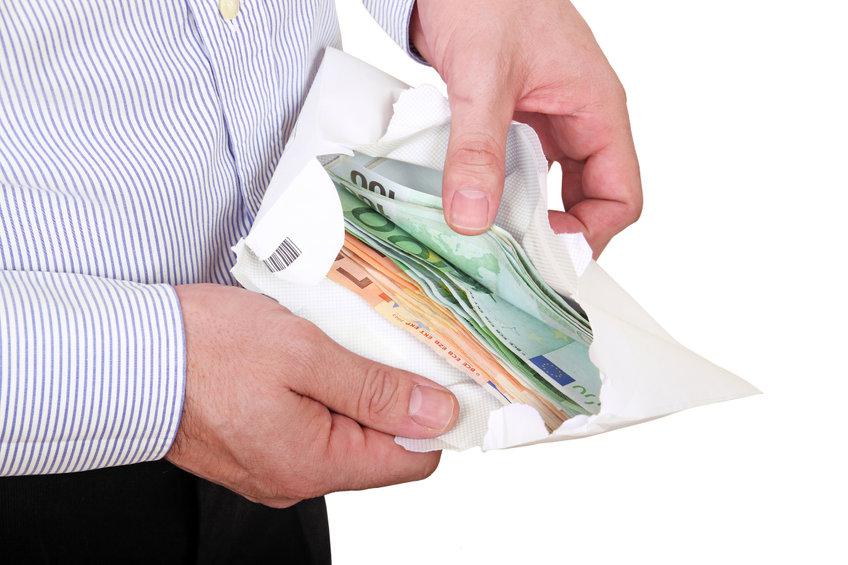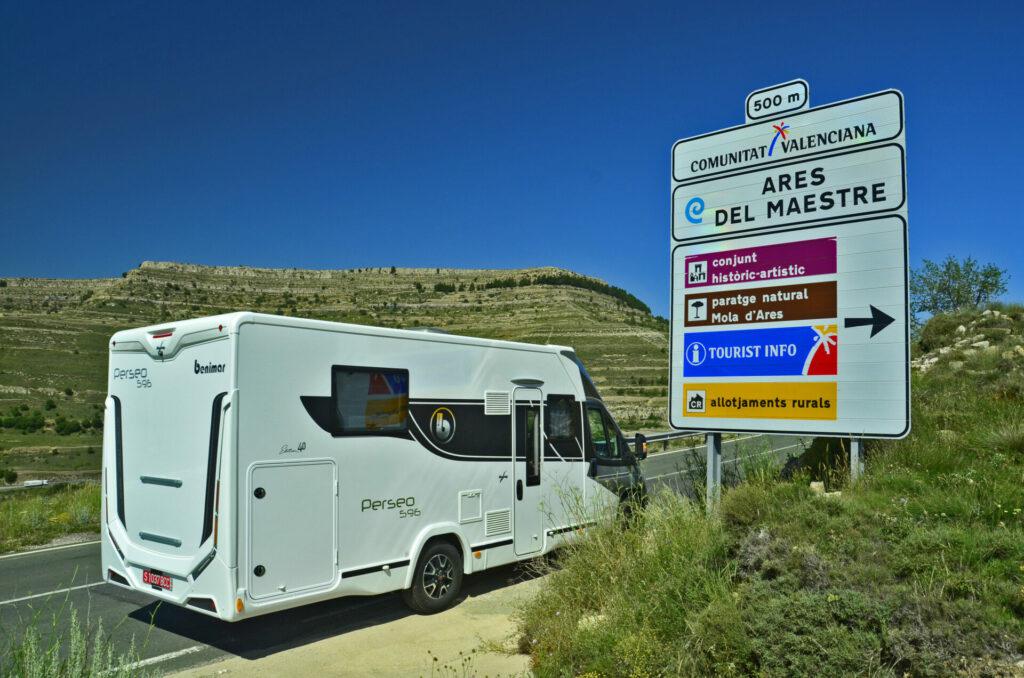On July 11, the anti-fraud law came into force, which reduces the previous limit of 2,500 euros for operations between professionals and individuals
Madrid

- created
- Last update
In the BOE of July 10, 2021, Law 11/2021, of July 9, on measures to prevent and combat tax fraud, was published, and among the novelties included in that law is the limitation of cash payments to 1,000 euros. The anti-fraud law has already entered into force and entails a reduction compared to the previous limit of 2,500 euros. However, the European Commission proposes a common limit between the Member States that is much higher: 10,000 euros. What is the reason for this difference? What was Spanish legislation like and how has it changed? Who does this change affect? And how much are the penalties for non-compliance? These are some of the main issues resolved by LA RAZÓN in relation to the entry into force of the limit of 1,000 euros for cash payments.
Who is affected?
It must be borne in mind that this barrier only applies when "any of the parties involved acts as an entrepreneur or professional". For example, if you go to the workshop and the repair of your vehicle exceeds 1,000 euros, in no case can you pay for it in cash. Therefore, any business or company can only accept cash payments up to that amount. Meanwhile, if it is a purchase between individuals, for example, of furniture or a vehicle, there would be no limitation.
The measure affects Spanish companies and professionals. "However, the aforementioned amount will be 10,000 euros or its equivalent in foreign currency when the payer is a natural person who justifies that he does not have his fiscal domicile in Spain and does not act as a businessman or professional," the law points out. In other words, tourists who come to Spain will be able to enjoy a cash payment limit 10 times higher.
What is considered cash?
Article 34.2 of Law 10/2010, of April 28, on the prevention of money laundering and the financing of terrorism, includes what is considered as cash: paper money and metallic money, national or foreign; bearer bank checks denominated in any currency or any other physical medium, including electronic ones, conceived to be used as a means of bearer payment.
Since when is it in force?
Law 11/2021, of July 9, was published in the BOE of July 10 and entered into force the day after its publication, that is, on July 11. This rule changes the wording of section One of article 7 of Law 7/2012, of October 29, and applies to all payments made from its entry into force, despite the fact that the operations were arranged prior to the establishment of the new limitation.
What is the limit that Europe wants to establish?
On July 20, the European Commission proposed the creation of a new body to combat money laundering. This legislative package to fight black money also includes a new stricter regulation on cryptocurrencies and the prohibition of cash transactions exceeding 10,000 euros, a limit that some European countries already reflect in their national regulations. In fact, two thirds of European countries have imposed stricter limits and can continue to maintain these regulations. In Greece, purchases in cash over 500 euros are prohibited.
Why is it not the same?
The reduction is greater in the case of our country because the starting limit was already lower. The intention of this reduction is that the transactions are better reflected in the accounts. In this way, it is intended to combat fraud and the shadow economy. Therefore, it could be understood that the Spanish law is more ambitious in this sense, while in the case of the European Union the intention is to reach an agreement to establish a general minimum limit.
Penalties to companies for non-compliance
With regard to infractions and sanctions, non-compliance with the aforementioned limitations on cash payments is still considered to constitute an administrative and serious infraction. When these limits are modified, the wording of point 4 of section Two changes, which reads as follows: “The base of the sanction will be the amount paid in cash in operations equal to or greater than 1,000 euros or 10,000 euros, or its equivalent value. in foreign currency, depending on each of the cases referred to in number 1 of section One, respectively”.
On the other hand, point 5 of the section also changes by including certain cases of reduction of the penalty: "The penalty will consist of a proportional pecuniary fine of 25% of the base of the penalty provided for in the previous number unless there is a case of reduction of the sanction referred to in number 5 of section Three of this article”.
- Filed in
- Cash
- Tax authorities
- Tax agency
- Fiscal fraud
- European Comission
- European Union
Sign in to your account to comment









